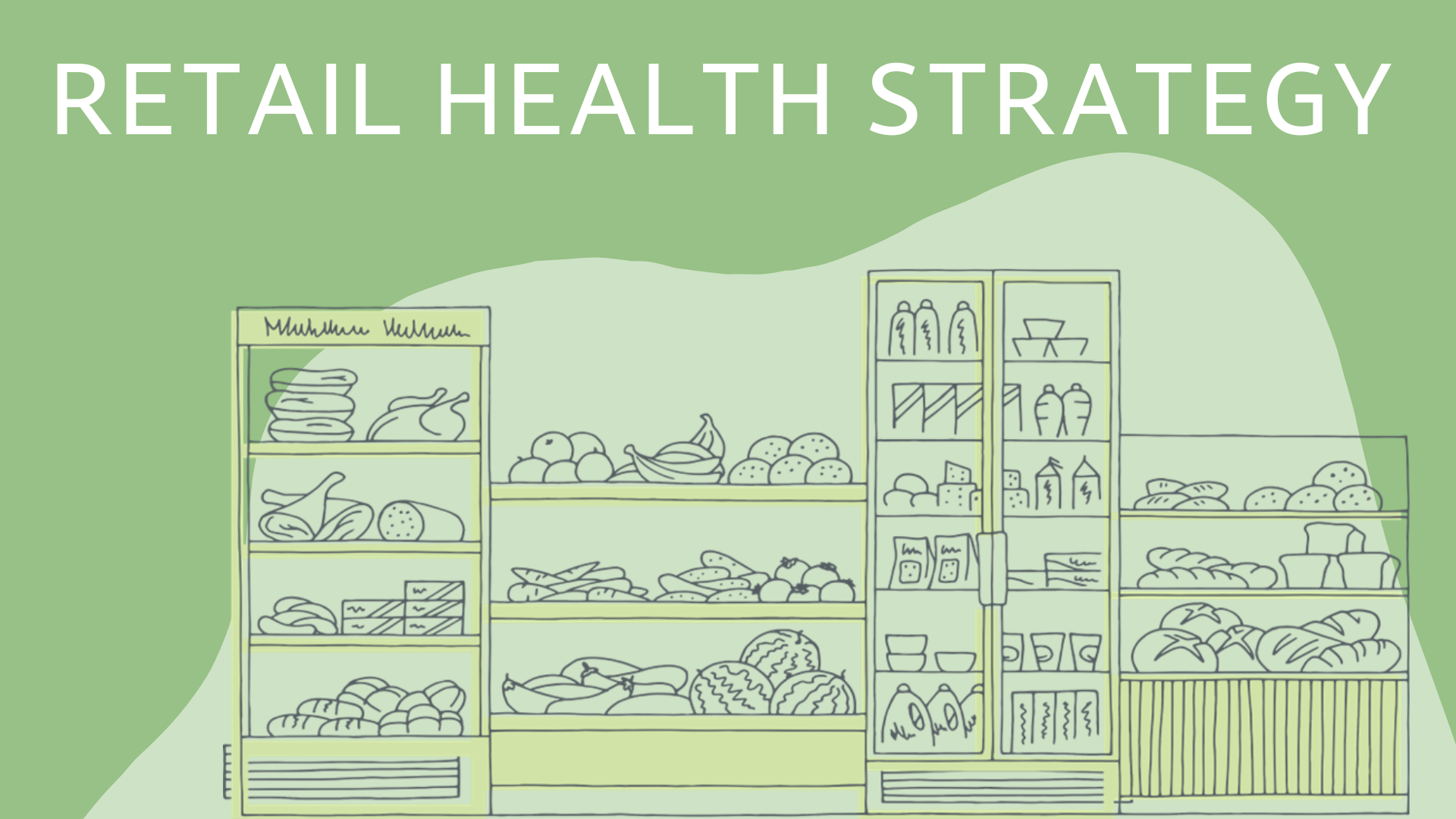By: Tabitha Benefield, RDN, Manager, Nutrition, Health & Well-being, FMI

Food safety plays a tremendous role in ensuring and maintaining health and well-being. FMI’s demonstration of commitment to food safety education stretches back to the founding and continued support of the Partnership for Food Safety Education, over 25 years ago.
With this rich history in mind, I was excited to join the Partnership for Food Safety Education (PFSE) for a webinar discussion on: “Incorporating Food Safety into Healthy Eating Programs.”
A tremendously relevant healthy eating initiative that aims to specifically improve access to safe and affordable healthy foods is the intended scope of Food as Medicine programs.
Food as medicine programs focus on the role of food as it relates to prevention and overall health, disease management and treatment, improving nutrition security and promoting food safety. With this definition in mind, it is imperative to highlight the fourth key to the success of Food as Medicine initiatives is to promote food safety. As Food as Medicine programs become increasingly available to more individuals, it is paramount to ensure that these programs will improve health and well-being with the inclusion of core food safety practices from the start. Participants in these programs have the potential to be a population of layered vulnerability to include people over age 65, pregnant women, and those whose immune systems are weakened by health conditions.
With PFSE, we discussed the methods of delivery and settings for Food as Medicine programs. Additionally, we highlighted the various ways foods are provided, like medically tailored meals, medically tailored groceries, and food prescription programs. Finally, we delved into the logistics of how to safely receive food deliveries, properly store and prepare meals and fresh farmed produce.
Jenn Parlin, MPH, The Garden Kitchen at the University of Arizona, Pima County Cooperative Extension also provided education on Creating Food Safe Community Gardens and Nutrition Access Programs. Attendees received continuing education credit from the Association of Nutrition & Foodservice Professionals and the National Commission for Health Education Credentialing.


 Industry Topics address your specific area of expertise with resources, reports, events and more.
Industry Topics address your specific area of expertise with resources, reports, events and more.
 Our Research covers consumer behavior and retail operation benchmarks so you can make informed business decisions.
Our Research covers consumer behavior and retail operation benchmarks so you can make informed business decisions.
 Events and Education including online and in-person help you advance your food retail career.
Events and Education including online and in-person help you advance your food retail career.
 Food Safety training, resources and guidance that help you create a company food safety culture.
Food Safety training, resources and guidance that help you create a company food safety culture.
 Government Affairs work — federal and state — on the latest food industry policy, regulatory and legislative issues.
Government Affairs work — federal and state — on the latest food industry policy, regulatory and legislative issues.
 Get Involved. From industry awards to newsletters and committees, these resources help you take advantage of your membership.
Get Involved. From industry awards to newsletters and committees, these resources help you take advantage of your membership.
 Best practices, guidance documents, infographics, signage and more for the food industry on the COVID-19 pandemic.
Best practices, guidance documents, infographics, signage and more for the food industry on the COVID-19 pandemic.
